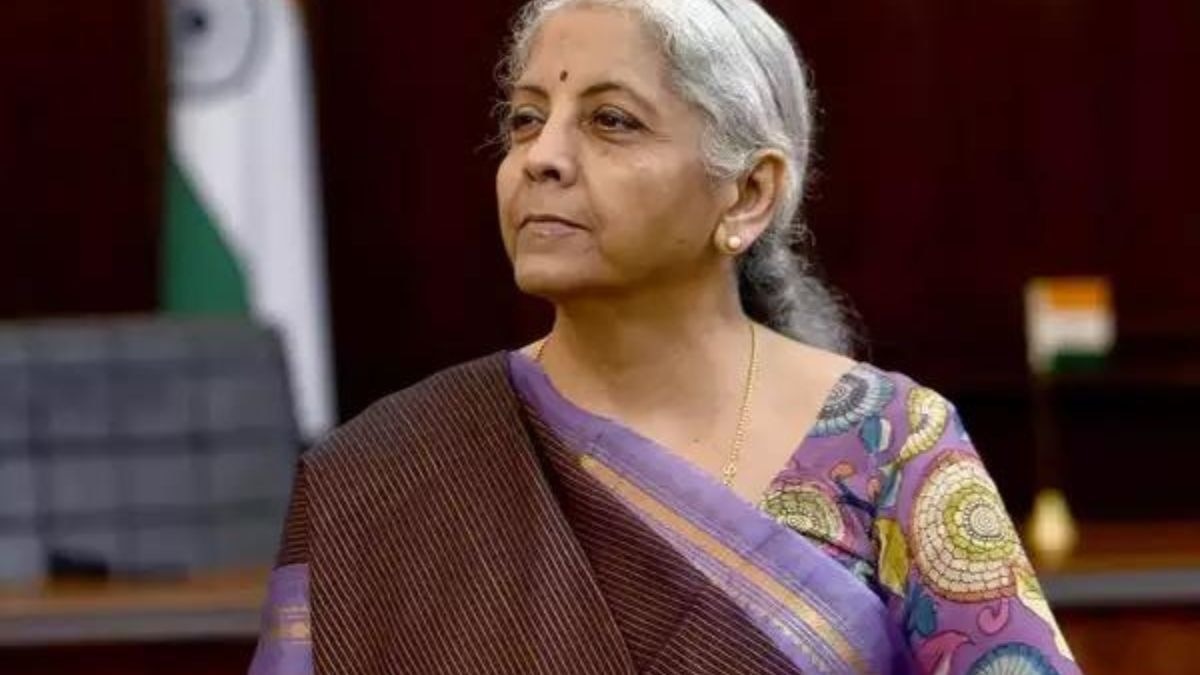Modi government’s second Budget 3.0 may see slightly higher subsidy allocation for food in FY26 compared to FY25, due to rising food inflation and rising costs logistics, according to Business Today Television sources. However, fertilizer subsidies are expected to remain stable, reflecting forecast trends in fertilizer prices for 2025-2026.
In its post-poll budget presented in July 2024, the government allocated Rs 205,250 crore for food subsidies, which is 3.34% less than the Revised Estimate (RE) for FY24. Fertilizer subsidies were pegged at Rs 164,000 crore, down 13.18 per cent from the RE, while fuel subsidies were estimated at Rs 11 925 crore, reflecting a decrease of 2.57 percent.
However, according to the most recent data and sources, the combined food and fertilizer subsidy bills have exceeded their initial allocations. The revised estimate for FY25 is expected to be 10 to 12 percent higher than the original allocation for these grants.
The increased need for food subsidies is attributed to concerns over food security, fueled by fears of worsening food inflation, and rising minimum support prices (MSP) for wheat and rice.
“Our food subsidy was reduced in the July budget due to the open market sale scheme,” an official said.
For fertilizer subsidies, the government initially allocated Rs 1.64 lakh crore, but later added Rs 6,594 crore in December, taking the total to Rs 1.7 lakh crore. The cooking gas subsidy, pegged at Rs 11,925 crore, is expected to remain unchanged.
Managing these higher allocations will be difficult for the Ministry of Finance due to budgetary pressures. An increase in subsidies could increase the budget deficit, thereby reducing opportunities for development spending. Sources suggest the government could counterbalance this by slightly reducing capital expenditure or increasing revenue collection.
The government had initially pegged the overall subsidy bill for FY25 at Rs 3.81 lakh crore, but it is likely to revise this figure upwards in the next budget. A similar allocation is expected for FY26.






